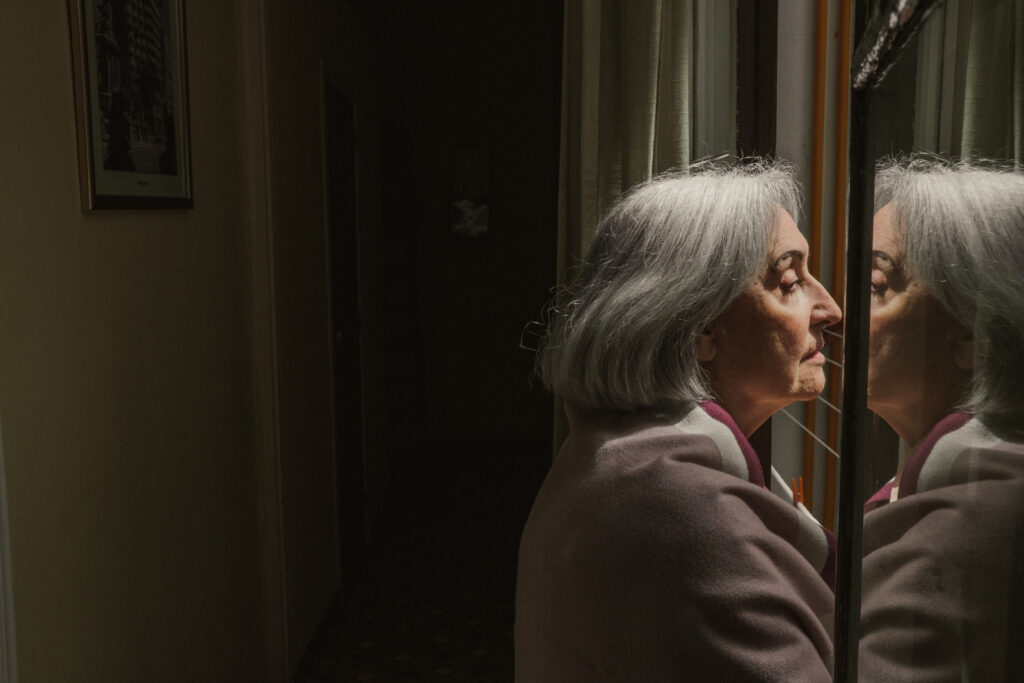Dementia is a complex brain condition that affects millions worldwide. Contrary to popular belief, it’s not a normal part of ageing. It encompasses various symptoms, including mood changes, memory loss, altered thinking, and behavioural shifts. While dementia can impact anyone, its prevalence significantly increases after the age of 65.
What Causes Dementia?
Dementia isn’t a single disease but a collection of symptoms stemming from disorders affecting the brain. Conditions like Alzheimer’s disease, vascular dementia, and Lewy body dementias contribute to its development. While genetics play a role in some cases, the actual cause of dementia remains unknown for many individuals.
Identifying Signs and Symptoms
The symptoms of dementia vary from person to person, making each experience unique. Common manifestations include:
- Memory loss: Difficulty recalling recent events, names, or faces.
- Cognitive decline: Confusion, trouble concentrating, and impaired problem-solving abilities.
- Mood changes: Increased irritability, depression, or anxiety.
- Altered behaviour: Restlessness, agitation, or changes in sleep patterns.
Diagnosing Dementia
Diagnosing dementia involves comprehensive assessments rather than a single test. Healthcare professionals conduct various evaluations to rule out other conditions and pinpoint the cause of symptoms. Early diagnosis is crucial as it allows for timely interventions and support.
Understanding the progression
Dementia is progressive, with symptoms intensifying over time. It typically evolves through three stages:
- Early Stage: Mild changes in memory and thinking.
- Middle Stage: Noticeable cognitive decline affecting daily activities.
- Late Stage: Severe impairment, requiring constant supervision and care.
Treatment and Management
While there’s currently no cure for dementia, treatments exist to alleviate symptoms and improve quality of life. Additionally, support services play a vital role in ensuring optimal care and well-being for individuals living with dementia.
The Role of Physiotherapy
Physiotherapy plays a crucial role in dementia care, offering personalised interventions to address mobility issues, improve muscle strength, and manage behavioural changes. At LeapCare, our physiotherapists work closely with individuals and their caregivers, providing education, support, and innovative strategies to enhance independence and overall quality of life.
References: Dementia Australia, About Dementia (2024), https://www.dementia.org.au/about-dementia
Disclaimer: The content presented on this blog is meant solely for educational and informational purposes. It is not a replacement for professional advice or treatment. For any queries related to a medical condition, always consult with a qualified professional. Never neglect professional medical advice or postpone seeking it based on information obtained from this blog.

